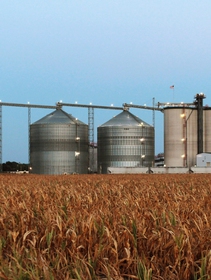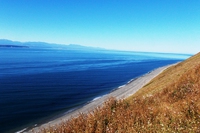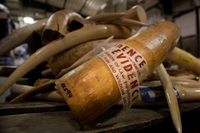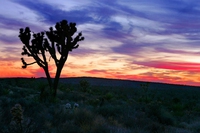
Corn ethanol, how it harms the climate and destroys the American Great Plains
Ethanol, the biofuel made from corn and other plant materials, was once acclaimed as the solution to the United States’ dependence on foreign oil. Yet growing evidence, including a recent study from the University of Michigan, shows how the fuel is not reducing CO2 emissions as previously thought, but is instead contributing to the environmental demise of the American Great Plains,









